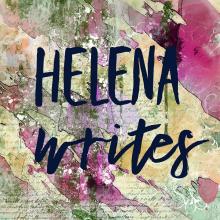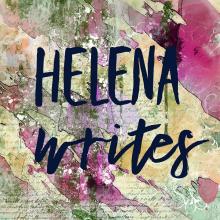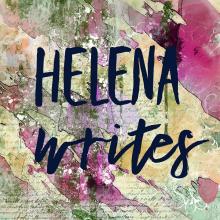Fifty-three years is a long time to contemplate who my mother was. And I see something else now, now that I bring my need for connection to life itself, without a parent to mediate...
Blog
The Center blog is teeming with tips and inspiration for starting and maintaining your writing practice.
Tell us about a moment of opening up, or the moment just before the opening.
If you are interested in taking up your pen (again) to journal, step one is to determine what kind of journal you want to use. We’ve come a long way from the “Dear diary” days! Check out these five types of journals to keep.
The pandemic has changed what we mean by quality time...we might need to rethink our practices, reconsider how we apply our energy, and recommit to what is most important.
I often mention to students what I call “The Writer’s Palette.” I call it that because I was a painter before I wrote. Most of my parallels come from painting...
Storms are a fascinating merging of elements. Here we find earth, air, fire, and water in a swirl of energy that creates a new element of chaos. Which element speaks to you the most? Or tell of a storm, be it a weather event or a metaphorical experience of chaos.
Think like a party planner and develop the who, what, where, when, and why to make quick progress on your work-in-progress.
You might hear these words used interchangeably, they are quite different and refer to two distinct stages of the creative process.
My dad whistled. Cheer was part of his nature. He whistled around the house and in the car, and sometimes he sang.
Calmness. Stillness. Quiet. What does it mean to you? do you crave it or fear it? If you seek solitude and stillness, how do you achieve it in your everyday life, amid all the demands on your time and energy?









